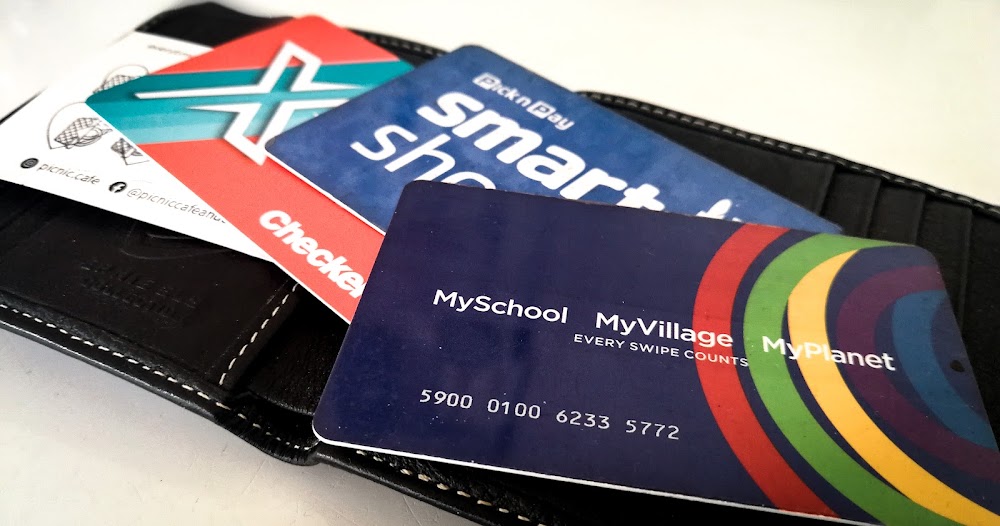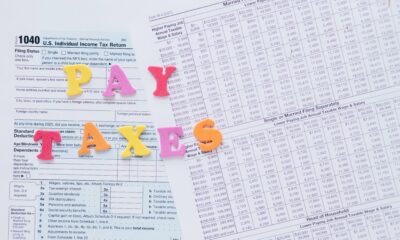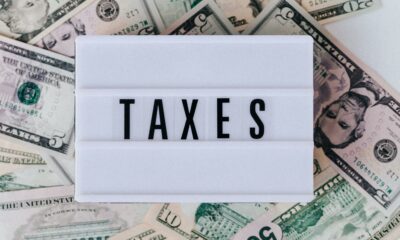Business
Tax Trouble Brewing for Loyalty Programmes in South Africa

South Africans love their loyalty programmes. Whether it’s earning points at the grocery store or cashing in discounts at the pump, these perks have become an essential way to stretch household budgets. But behind the rewards and freebies lies a looming question: could the taxman come knocking?
Legal professionals from Werksmans Attorneys have issued a cautionary note. As these programmes continue to evolve and sometimes even allow users to ‘cash out’, there’s growing concern that they could eventually fall under scrutiny from the South African Revenue Service (SARS).
Loyalty Boom Amid Financial Pressures
According to the 2025 Truth Loyalty and BrandMapps Whitepaper, a staggering 82% of South Africans now use loyalty programmes—up from 67% ten years ago. With inflation and economic uncertainty weighing heavily on consumers, many have turned to loyalty rewards just to keep up with basic living costs.
On average, each user actively participates in about 10 different rewards programmes, mostly for groceries, clothing, and fuel.
Tax Grey Areas in Rewards Ecosystems
Doelie Lessing, Head of Tax at Werksmans, and associate Robyn Schonegevel, say the real question is whether loyalty points are considered capital—which is usually non-taxable—or revenue, which could make them taxable income.
“Revenue is what you hustle for,” they explain. “If consumers are gaming the system—deliberately maximizing rewards or converting points to cash—SARS might eventually view this as income, not just a perk.”
This isn’t an immediate threat, but it is something both consumers and businesses need to keep an eye on.
Cashing In: When Points Might Trigger Tax
Programmes like Checkers’ Xtra Savings are among the largest in the country, offering discounts to millions of South Africans. The question is, when do those points become taxable?
According to the attorneys, simply redeeming your points likely won’t trigger a tax event. That’s because loyalty points are designed to be used—they don’t become taxable just because you spend them. But if you trade, sell, or manipulate them for profit, that could fall into murkier territory, potentially leading to capital gains tax or income tax implications.
Not a Focus—Yet
For now, SARS is more focused on illicit trade and hidden wealth among high net-worth individuals and crypto traders. The tax authority needs to recover an estimated R20 billion to R50 billion in extra revenue this year, and their priority remains big-ticket targets.
Still, legal experts caution that the loyalty landscape isn’t entirely off the radar. With billions of rands flowing through rewards systems, the sector might eventually attract attention.
“SARS may not be knocking yet,” they warn, “but with so much value in play, it’s only a matter of time before they come looking.”
While there’s no need to panic just yet, South African consumers and companies running rewards programmes should stay informed. If you’re treating loyalty points like a side hustle, the taxman might eventually treat them the same way.
{Source: BusinessTech}
Follow Joburg ETC on Facebook, Twitter , TikTok and Instagram
For more News in Johannesburg, visit joburgetc.com



























